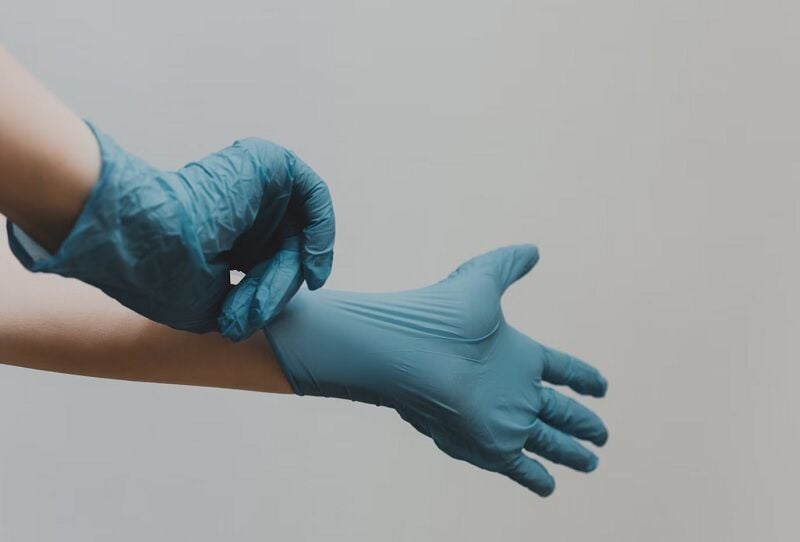Taiwanese man’s extreme nasal sensitivity shocks doctors

A shocking medical case from Taiwan has revealed the harrowing story of a 50 year old restaurant owner whose nasal complaints led to a gruesome discovery. The director of an ear, nose, and throat clinic in Taiwan, shared the unforgettable case on a medical talk show, Doctor Is So Hot, describing it as one of the most memorable in his 20 year career.
The patient from Taichung, who believed his nose was excessively sensitive, registered for a check-up outside of normal hours, intrigued by the unusual nature of his case. Upon examination, the medical team, including Dr Wu Zhaoguan, two other doctors, and nurses, were struck by the foul odour emanating from the patient, initially mistaking the clinic’s hygiene as the source. However, the smell was actually coming from the patient himself, who was unaware of the stench.
Upon removing his double-layered mask for a nasal check-up, a pregnant nurse had to leave the room to vomit due to the overpowering smell. The patient had always thought his nose was exceptionally delicate, allowing him to detect scents others couldn’t, which he took pride in. But the reality was far from what he had imagined.
An examination of the patient’s nose revealed that both nostrils were filled with pus and mucus, with the left side showing a large black scab mixed with blood due to severe inflammation. The extraordinary cleanliness of his nasal hairs was a red flag for Dr Wu, who, upon further inquiry, was stunned to learn about the patient’s hygiene habits.
Disease cause
The patient regularly trimmed his nasal hair with scissors, which were also used to cut away calluses and treat fungal infections on his feet. Wearing sandals for years due to his work had led to callused heels and foot fungus, which he would remove with the same scissors without proper cleaning, merely wiping them with toilet paper.
This habit had introduced fungal spores into his nasal passages, leading to a fungal ball forming in his nose. The resulting sinus infection, combined with bacteria, damaged skin from scissor use and emitted an odour similar to that of a dead rodent.
For six months, the patient had been oblivious to the source of the smell, blaming his restaurant staff for poor hygiene, until one perceptive employee suggested he get his nose checked for its heightened sensitivity.
Upon learning the truth from the medical experts, the patient was mortified and regretful for wrongly blaming his staff. He eagerly engaged in the prescribed treatment, which included antibiotics, surgical removal of the fungal mass, and proper sinus irrigation. Approximately one month later, his condition improved significantly.
The case serves as a cautionary tale about the dire consequences of improper hygiene practices and the importance of medical intervention when facing unusual health symptoms.
Latest Thailand News
Follow The Thaiger on Google News:


























